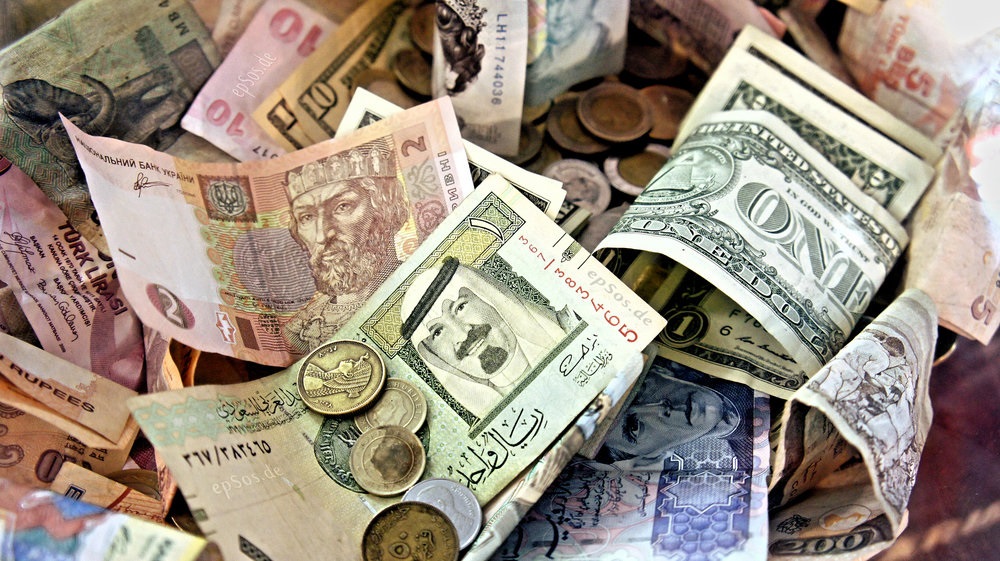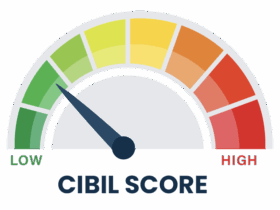Banking abroad is one of those things that travellers rarely think about. If you have money, the world will welcome your desire to spend it, our thinking goes.
Yet accessing our funds and using them wisely can be trickier than one might think. Whether you’re abroad for business or pleasure, you will quickly find out that the world is not structured to make things easy for you. You might have experience with using a cashpoint and being charged not only criminal fees, but criminal exchange rates as well.
Sending money electronically involves delays and exorbitant fees, and making certain crucial payments, such as paying rent on your flat, or tuition at your university, can involve an unexpected amount of bureaucracy in inconvenient places. Therefore it’s important to set up the right bank account for such purposes, which in this case should be a free multi currency bank account.
You might be looking to cut costs and enjoy various benefits, or you might need such an account in order to actually survive abroad. Not getting one beforehand however will be a costly and frustrating mistake.
Multi-Currency Banking Explained
The first thing you will be able to do with a multi-currency account is spend like a local wherever you go. Using a bank card anytime and anywhere, without hidden fees or arbitrary limits, is a privilege that is not available to everyone, nor is it always provided by a traditional bank.
You will also be able to engage in SEPA direct debit (or SDD) transactions, which allow you to set up regular payments, and have direct control over them at any time. Another important benefit is being able to transfer money between European banks.
You might want to pay your landlord in such a manner, pay for other types of purchases or services, or even send money between friends. With a multi-currency bank account you can do this instantly, without relying on other intermediary services that charge large fees, take more valuable time, and act as redundant, unnecessary middle-men.
Currency conversions are also an important utility, which eliminates the need to use outside services. In short, a multi-currency bank provides essential services at little to no cost, which are traditionally provided by third-party services who charge exorbitant fees.
Such roundabout ways of handling affairs in foreign countries are antiquated, exploitative, and at times abusive. They prey on consumers’ ignorance, ignorance which for you has been eliminated by the time you reach the end of this sentence.
Opening An Account
When choosing a multi-currency bank, be sure to examine all the other services provided by said bank. Other than banking abroad with convenience, these banks can also provide great trading services, such as those provided by online brokers, as well as individual savings accounts, and other financial solutions.
Getting started with such an account is a quick and straightforward process. You can first book a demo, if you’d like, in which a live representative will guide you through the services provided as well as get you acquainted with the app, the website, and the various tools.
It’s a great way to learn not only about a particular bank, but the type of banking you’re seeking in general, as you will have the relevant information conveyed to you by a live person, and your questions will be instantly answered without the need for exhaustive research. Afterwards you can open an account in minutes, as long as you have an official ID, a mobile device, your tax identification number (TIN), and a UK address.
Not having such an account costs much more than it would otherwise, and this money is not spent for anything in return. There is no benefit in paying avoidable cashpoint fees, no benefit in paying more for currency exchange, no benefit in paying more and taking longer for fund transfers, and no benefit in losing your mind and health to avoidable stress and frustration.
Be sure to look into it well before you spend time abroad, as there is no excuse to spend more for nothing in return.









Leave a Reply